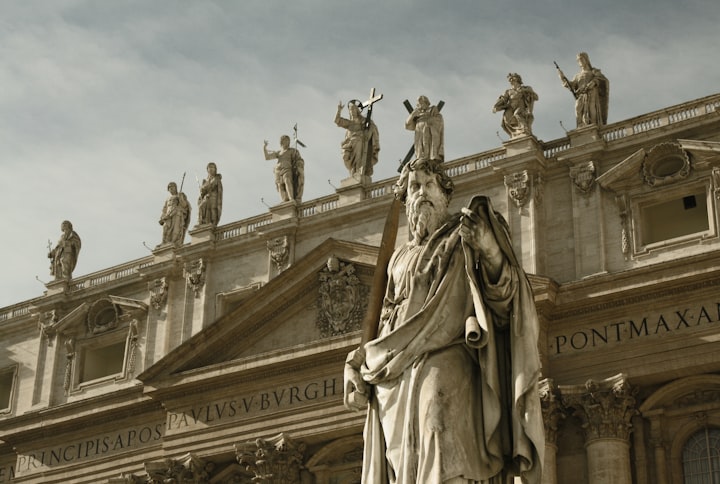Ancient Rome stands as one of the most influential civilizations in human history, leaving an indelible mark on modern society through its governance, culture, and engineering marvels. From its legendary founders Romulus and Remus to the grandeur of the Colosseum, Rome's legacy continues to captivate the imagination of people worldwide. Let us embark on a journey through time to uncover the essence of this remarkable empire.
The Rise of Rome:
Founded according to legend in 753 BCE, Rome began as a small settlement on the banks of the Tiber River. Through strategic military conquests and shrewd diplomacy, it steadily expanded its territory, eventually dominating the entire Mediterranean region. The Roman Republic, established in 509 BCE, marked a period of significant political development, characterized by a complex system of checks and balances and the rise of influential figures such as Julius Caesar and Cicero.
The Roman Empire:
The transition from Republic to Empire occurred with the ascent of Julius Caesar's grandnephew, Octavian, who assumed the title Augustus Caesar in 27 BCE. Under Augustus and subsequent emperors, Rome reached its zenith, encompassing vast territories from Britain to Egypt. Pax Romana, or Roman Peace, reigned for over two centuries, fostering stability and prosperity within the empire.
Society and Governance:
Roman society was stratified into distinct classes: patricians, wealthy landowners and aristocrats; plebeians, common citizens; and slaves, who constituted a significant portion of the population. Governance evolved from republican institutions to autocratic rule, with emperors wielding supreme authority. Roman law, epitomized by the Twelve Tables and codified under Emperor Justinian, served as a foundation for modern legal systems.
Culture and Religion:
The Romans revered a pantheon of gods and goddesses, adapting and assimilating deities from conquered territories into their own religious practices. The construction of temples, such as the iconic Pantheon, reflected their devotion to divine entities. Roman literature flourished, producing timeless works by authors like Virgil, Ovid, and Cicero. Additionally, Roman art and architecture, exemplified by the majestic Colosseum and the intricate mosaics of Pompeii, remain unparalleled in their beauty and craftsmanship.
Engineering and Infrastructure:
The Romans were master engineers, renowned for their construction of roads, aqueducts, and bridges that facilitated trade and communication across the empire. The network of Roman roads, stretching over 250,000 miles, enabled swift military deployment and efficient administration. Aqueducts, such as the Pont du Gard in France, delivered water to urban centers, showcasing their ingenuity in harnessing natural resources.
Legacy of Rome:
Though the Roman Empire eventually succumbed to internal strife and external pressures, its legacy endures in various facets of contemporary society. Latin, the language of the Romans, forms the basis of numerous modern languages, while Roman numerals persist in numbering systems. The principles of republican government and the rule of law laid the groundwork for democratic institutions worldwide. Moreover, Roman engineering feats continue to awe and inspire admiration, serving as a testament to human ingenuity.
Conclusion:
Ancient Rome stands as a testament to the heights that human civilization can achieve. Its enduring legacy resonates in the realms of governance, culture, and engineering, shaping the course of history and influencing the fabric of modern society. As we reflect on the triumphs and tribulations of this remarkable empire, we glean insights into our own collective journey as inhabitants of a dynamic and ever-evolving world.






Comments (1)
Hello, AI is permitted on Vocal. It is a Vocal policy that content created with AI is identified as such at the start of the story/article. Your article/story has many hallmarks of AI-assisted/generated content. You can find the details of the Vocal policy here: https://vocal.media/resources/an-update-from-vocal-on-ai-generated-content, Please amend your piece to be in compliance. If you are not a Vocal+ member you will need to contact Vocal here ([email protected]) and ask them to send your content back into your 'Drafts' where you can edit your story/article/poem. If you don’t correct this the content may be removed by Vocal and/or you may be deleted from the platform. This has been reported to Vocal.